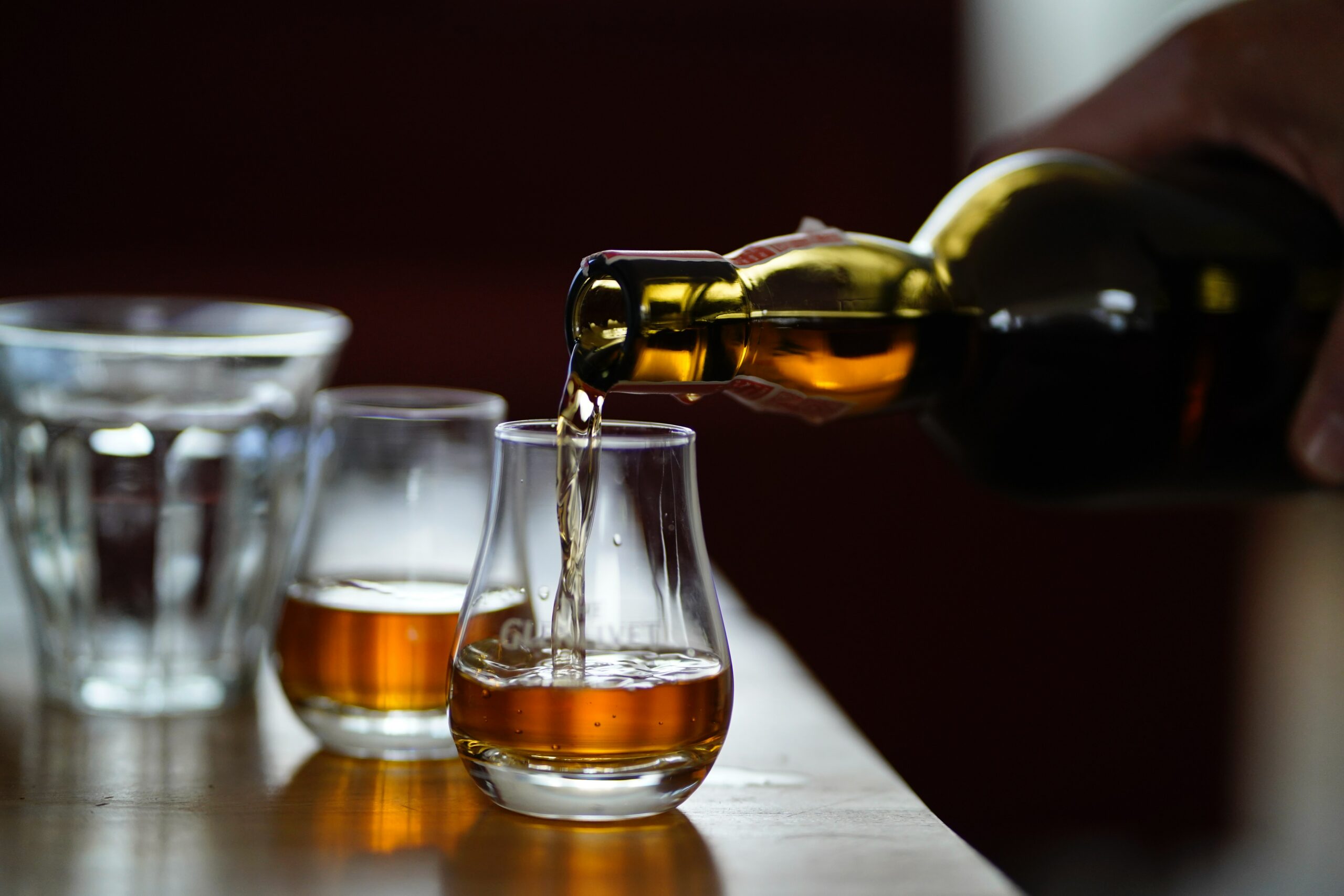Something for the Weekend
Data reveals impact of water on whisky
Adding water can “open up” a whisky’s flavour, but too much has an opposite effect, according to a study led by Washington State University.
According to a study led by Washington State University, adding water to whiskey to “open up” its flavor is a popular belief among whiskey lovers. However, the research suggests that adding too much water, specifically over 20%, can ruin the flavour of the whiskey.
In the study led by Washington State University, the researchers analysed the chemical response of volatile compounds in 25 types of whiskies to the addition of water. The whiskies included bourbons, ryes, Irish whiskeys, and single malt and blended Scotches. Additionally, a trained sensory panel assessed six of the whiskies, including three bourbons and three Scotches.
The study conducted by researchers from Washington State University found that the addition of water to whiskey can alter its aroma and flavour. The researchers analysed the volatile compounds in 25 different types of whiskies, including bourbons, ryes, Irish whiskeys, and both single malt and blended Scotches. They also had a trained sensory panel assess six of those whiskies. The study found that adding a small amount of water can change the aroma of the whiskey, but if more than 20% of water is added, the whiskies may start to have the same aroma, affecting their flavour.
According to Tom Collins, a WSU assistant professor and senior author on the study published in the journal Foods, if someone wants to fully enjoy a particular whisky, they should not dilute it by more than about 20%. After this point, the whiskies start to have a similar aroma and lose their characteristics, which is not desirable for whisky lovers. Collins also suggests that adding too much water to whisky can negatively affect its aroma and taste.
The study found that at a 60/40 whisky to water ratio, the panelists had difficulty telling the whiskies apart, indicating that the whiskies had lost their distinct aroma and flavour profiles. The researchers noted that this point of diminishing returns may vary depending on individual taste preferences and the specific whiskies being tested.
The smells of each type of whisky became more similar when water was added, but Scotch still smelled different from American bourbons and ryes.
The researchers also analysed the changes in the volatile compounds above the liquid, known as the “headspace,” when water was added.
Whisky contains a mix of compounds that have different levels of attraction to water. When water is added to whisky, the compounds that do not mix well with water are sent to the space above the liquid, while the water-attracting compounds remain behind. This changes the smell of the whisky.
The researchers discovered that the findings from the chemical analysis aligned with the observations made by the expert panel. For instance, several of the Scotch whiskies began with a smoky, “peat” scent, but as they were diluted with water, they shifted towards a fruitier fragrance known as “pome.”
According to Collins, when the whisky is diluted with water, the compounds that create smoky aromas start to dissipate and are replaced by compounds that create fruity aromas. This happens because the addition of water affects what is in the headspace, which is the area above the liquid.
The American bourbons initially had a smell of vanilla and oak, but as more water was added, the aroma changed to include scents of the corn and grains that are used in making them.
The findings can help whisky makers better understand how their customers will experience the drink if they chose to add water or have it “on the rocks.”
It also gives some backing to the practice of serving whisky with a single, large ice cube.
According to Collins, the study helps explain why large, square ice cubes have become popular. As the ice slowly melts, it dilutes the whisky, allowing it to be enjoyed at a slower pace before it gets diluted to the point where it no longer has the same taste.
Collins and his colleagues are continuing to study the compounds that make Scotch whiskies smell smoky.
In addition to Collins and Tomasino, co-authors on this study include Aubrey DuBois of Michigan State University as well as first author P. Layton Ashmore and James Harbertson of WSU.

















